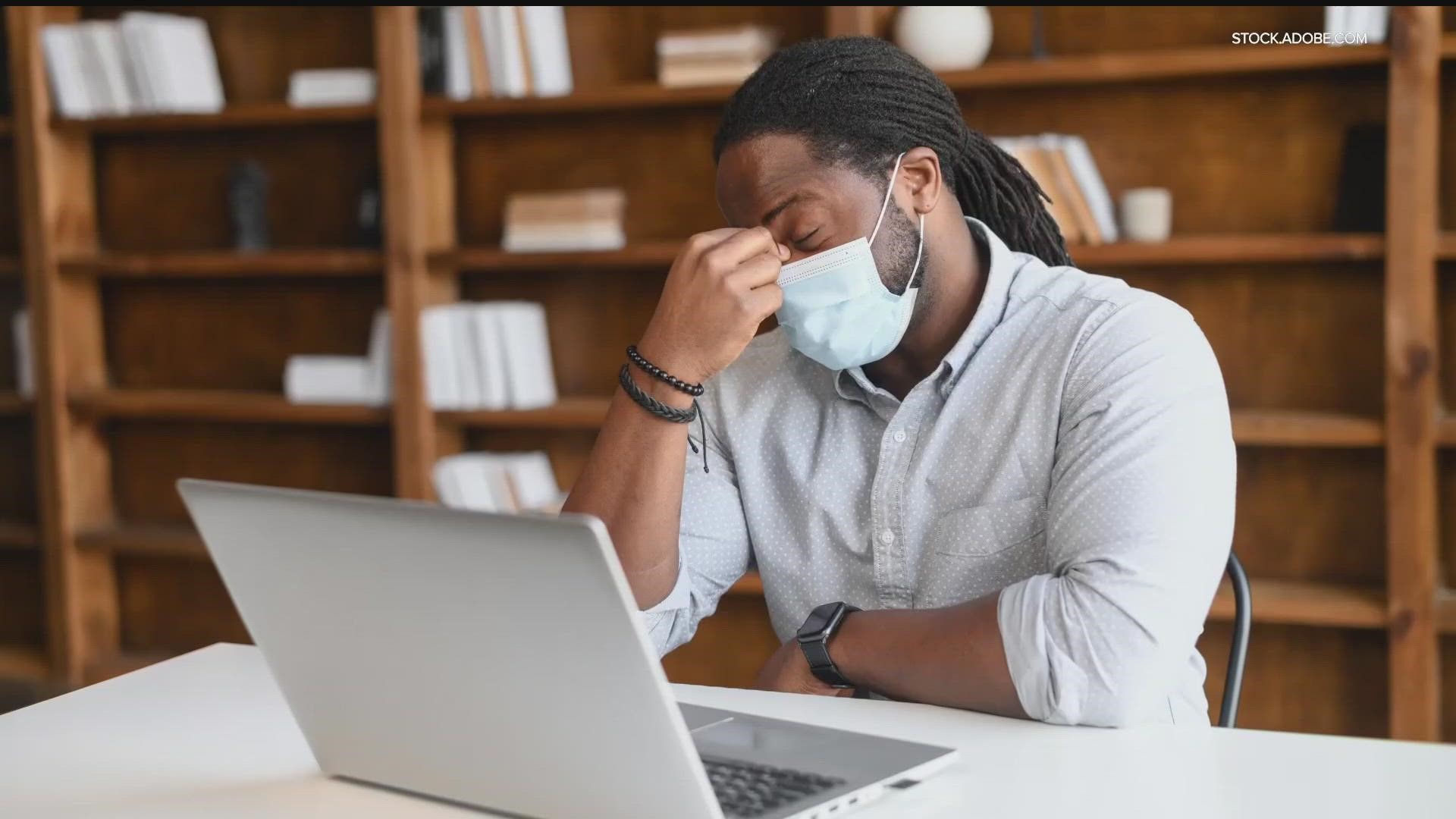MINNEAPOLIS — Since the pandemic started, research has found that more people are using mental health apps. Many mental health apps give you access to a mental health professional 24/7 for a free or low cost.
Research from Harvard Medical School found that mental health apps can help people get through a rough time and help increase symptom awareness.
Experts at Deloitte found that mental health apps make mental health support more accessible, especially to diverse populations.
Research shows that here in the U.S., many people of color say it's a top priority that providers are empathetic, culturally competent, or look like them.
Not only do these apps make mental health care more accessible, but they also help to meet the increasing need for mental health support.
"In addition to it being accessible and convenient, there's also that privacy, that anonymity. That being able to do something from home or from wherever they are," said Dr. Christine Stanson, the medical director of inpatient mental health at Regions Hospital.
Dr. Stanson said there are still a good number of people who prefer in-person therapy, too.
Research suggests a mobile app removes the human element of therapy, which is critical. Some mental health professionals believe mobile apps should complement in-person therapy.
But whether you choose online or in person, doctors want you to choose whatever helps you prioritize your mental health.
"We have worked so hard to destigmatize talking about mental health [and] talking about mental illness, and we still have a long ways to go," said Dr. Stanson. "But, the fact that people are out there talking about it more, thinking about it more, seeking help, encouraging others to seek help is a very encouraging thing."
There are many mental health apps available to you. But, on multiple reputable websites, Talkspace, BetterHelp, Happify, and MoodKit were highly recommended.
Health Partners has collaborated with several other community partners on a platform called Make It Ok. It's a platform that works to create open and caring conversations and help change attitudes about mental health and illnesses.
Watch more KARE11 Sunrise:
Watch the latest coverage from KARE11 Sunrise in our YouTube playlist:

